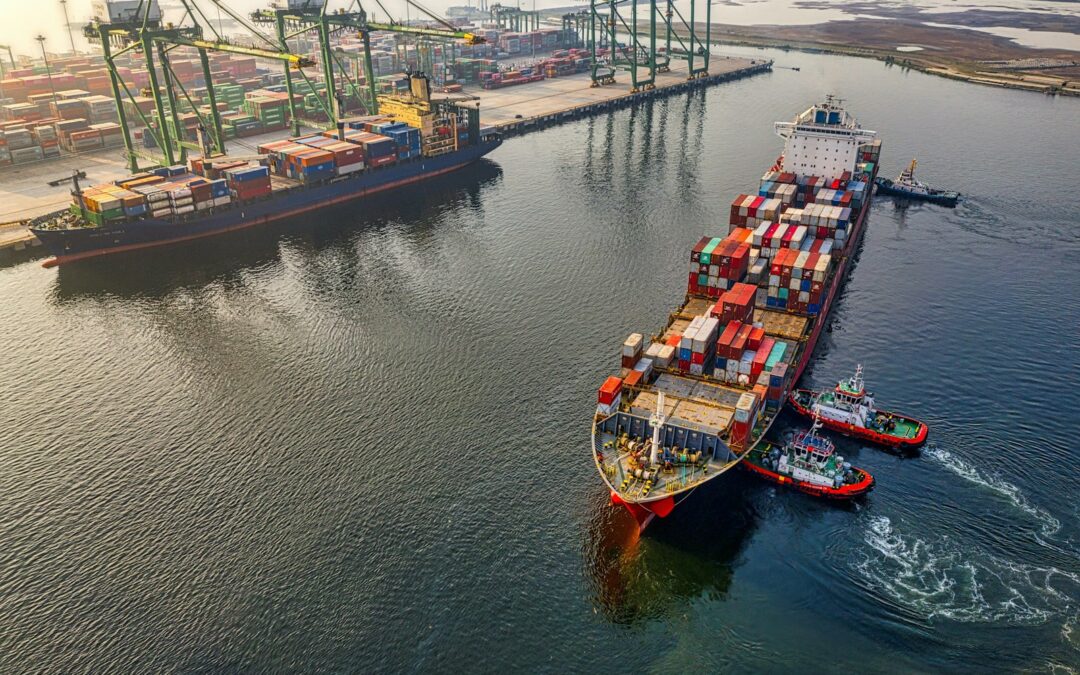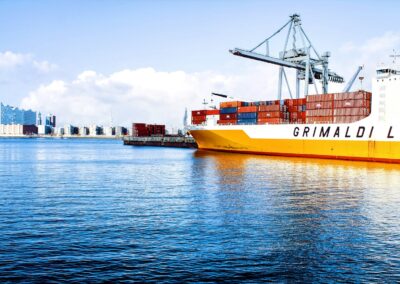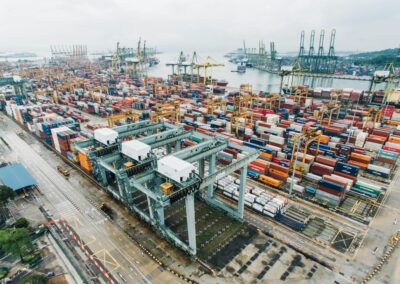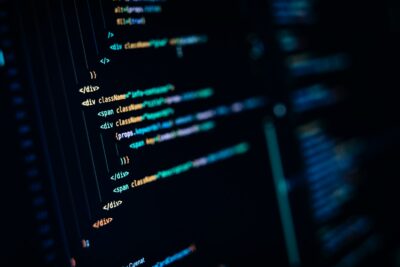Ensuring Safe and Reliable Operations in Autonomous Shipping
The Necessity of New Regulatory Frameworks
The transition to autonomous shipping is a groundbreaking development in the maritime industry, promising to revolutionize operations globally. In regions like Saudi Arabia and the UAE, where shipping is a cornerstone of economic activity, embracing autonomous shipping can lead to significant improvements in efficiency and safety. However, this transition necessitates the creation of new regulatory frameworks and standards to ensure the safe and reliable operation of autonomous vessels. These frameworks must address various aspects, including the technical specifications of autonomous systems, communication protocols, and emergency response procedures. By establishing comprehensive regulations, authorities can mitigate risks and facilitate the seamless integration of autonomous ships into existing maritime operations.
Technical Standards and Safety Protocols
Developing technical standards and safety protocols is crucial for the successful implementation of autonomous shipping. These standards should encompass the design and construction of autonomous vessels, ensuring they meet stringent safety requirements. In Saudi Arabia and the UAE, where ports like Jeddah and Dubai handle a significant volume of maritime traffic, maintaining high safety standards is paramount. Autonomous ships must be equipped with advanced sensors and Artificial Intelligence (AI) systems to navigate complex maritime environments safely. Additionally, communication protocols must be established to enable seamless interaction between autonomous vessels and human-operated ships, ensuring coordinated and safe maritime operations. These measures will help prevent accidents and enhance overall maritime safety.
Emergency Response and Contingency Planning
A critical component of the regulatory framework for autonomous shipping is the development of robust emergency response and contingency planning protocols. Autonomous ships, like their human-operated counterparts, are susceptible to unforeseen events such as mechanical failures or adverse weather conditions. In such scenarios, having well-defined emergency procedures is essential to mitigate risks and ensure the safety of the vessel and its cargo. Authorities in Riyadh and Dubai are actively working on creating contingency plans that include remote monitoring and intervention capabilities. By leveraging AI and blockchain technologies, these plans can provide real-time data and facilitate swift decision-making during emergencies, thereby enhancing the resilience and reliability of autonomous shipping operations.
Executive Coaching and Change Management
The transition to autonomous shipping also has significant implications for management consulting and leadership development. Executives and leaders in the maritime industry must navigate the complexities of integrating new technologies and regulatory frameworks. Executive coaching services play a vital role in equipping leaders with the skills and knowledge needed to drive this transformation. In regions like Saudi Arabia and the UAE, where technological innovation is a strategic priority, effective change management is crucial for ensuring a smooth transition. By adopting best practices in leadership and management, executives can foster a culture of innovation and continuous improvement, positioning their organizations for long-term success in the autonomous shipping era.
Effective Communication and Stakeholder Engagement
Effective communication is a cornerstone of successful change management, especially during the transition to autonomous shipping. Engaging with stakeholders, including regulatory authorities, shipping companies, and technology providers, is essential for building consensus and ensuring alignment. Management consulting firms in Riyadh and Dubai are increasingly focusing on strategies to enhance stakeholder engagement and facilitate effective communication. By fostering transparent and open dialogue, these firms help organizations navigate regulatory challenges and leverage the benefits of autonomous shipping. Additionally, clear communication protocols within organizations ensure that all team members are informed and aligned with the transition goals, reducing resistance and enhancing collaboration.
Business Success through Strategic Planning
Strategic planning is critical for achieving business success in the autonomous shipping landscape. Management consulting firms play a pivotal role in helping organizations develop comprehensive strategies that leverage the potential of autonomous technologies. In the UAE and Saudi Arabia, where maritime trade is a vital economic driver, strategic planning involves aligning business objectives with regulatory requirements and technological advancements. By incorporating insights from AI and blockchain technologies, organizations can optimize their operations, enhance efficiency, and reduce costs. Effective project management ensures that the transition to autonomous shipping is executed smoothly, with clearly defined milestones and performance metrics. This strategic approach enables businesses to capitalize on the opportunities presented by autonomous shipping and drive sustainable growth.
#AI #Blockchain #GenerativeAI #SaudiArabia #UAE #Riyadh #Dubai #ChangeManagement #ExecutiveCoaching #BusinessSuccess #ManagementConsulting #ProjectManagement #AutonomousShipping #MaritimeSafety #RegulatoryFrameworks























